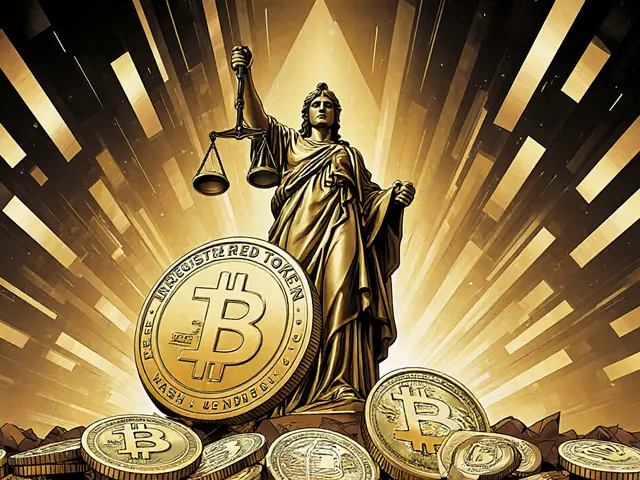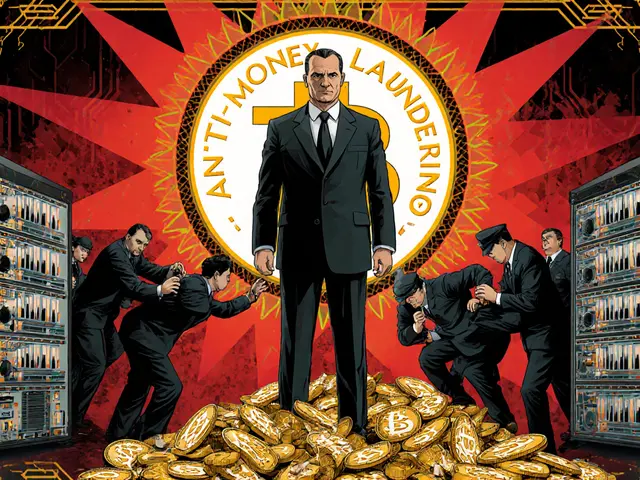Crypto Enforcement: How Governments Seize, Track, and Regulate Cryptocurrency
When you hear crypto enforcement, the actions taken by governments to track, freeze, or seize cryptocurrency assets linked to crime or illegal activity. Also known as crypto regulation, it’s not just about stopping hackers—it’s about controlling how money moves in the digital age. This isn’t theory. In 2025, North Korean hackers stole $1.5 billion from Bybit. The U.S. Treasury froze $150 million in crypto tied to the attack. And that’s just one case. Governments are now holding billions in seized Bitcoin, Ethereum, and other tokens—not selling them, but keeping them as assets. Why? Because they know these coins could be worth more later, or used as leverage in investigations.
Asset forfeiture, the legal process of taking property believed to be connected to criminal activity. Also known as crypto seizure, it’s happening everywhere—from Nigeria to Turkey to Singapore. In Nigeria, police still harass crypto users even after the ban was lifted, because enforcement is messy and inconsistent. In Turkey, authorities can freeze accounts overnight under new 2025 rules. And in the U.S., the IRS and DOJ have entire units dedicated to tracing crypto flows. These aren’t isolated actions. They’re part of a global shift: crypto is no longer a wild west. It’s a monitored system, and every wallet address can be traced. Then there’s crypto heist, large-scale thefts of digital assets from exchanges or wallets, often by state-backed hackers. Also known as cryptocurrency theft, these aren’t random hacks. They’re targeted, well-funded, and sometimes political. The Bybit heist wasn’t just about money—it was a test of security, a warning, and a signal to the world that crypto is now a battleground. Enforcement doesn’t just target thieves. It also shuts down scams like BITKER and LocalCoin DEX, which vanished with users’ funds. It tracks fake airdrops like Kalata and CELT that trick people into giving away private keys. And it forces exchanges to follow strict rules—like Singapore’s licensing system or Georgia’s regulated platforms like Cryptal.
What you see in the posts below isn’t a random list. It’s a map of how crypto enforcement plays out in real life: stolen funds, seized wallets, banned exchanges, and confused users caught in the middle. You’ll read about how governments hold onto seized Bitcoin, why Nigeria’s laws don’t stop police raids, and how a single hack can trigger global crackdowns. You’ll also see how scams thrive in the gaps between enforcement and education. This isn’t about fear. It’s about awareness. If you hold crypto, you’re already part of this system. The question isn’t whether enforcement affects you—it’s whether you understand how.
SEC Crypto Enforcement Fines: How 2024 Saw a 3,018% Surge in Penalties
SEC crypto fines surged 3,018% in 2024, hitting $5 billion in penalties - mostly from one $4.5 billion case. The agency targeted unregistered token sales, exchanges, and DeFi platforms, setting lasting legal precedents before Chair Gensler's departure.





